In the midst of the global Covid-19 pandemic this spring, entrepreneurs Rebecca Cahua and Vivian Qu joined forces, skills, and teams to create and bring to production an innovative new product — the O2 Nano Mask, a reusable nanofiltration mask that combines a high level of filtration with unique breathability and comfort.
Together, Cahua and Qu founded O2 Brands, Inc., and the two used their combined skills and experience in textiles and technology to bring the O2 Nano Mask to Kickstarter in May. The campaign was successful, and the mask is currently in production.
Before they joined forces, the two women had been running their own successful companies — Cahua’s DaD Sewing House and Qu’s Viaex Technologies. Their experience with these companies inspired and continues to inform their vision for O2 Brands.
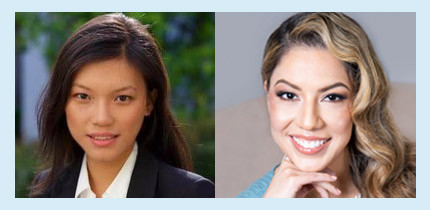
(L/R) Vivian Qu and Rebecca Cahua
The E-Commerce Times spoke with Cahua and Qu to hear their story, learn about the impulse behind their new mask, and get a glimpse into their plans for the future.
E-Commerce Times: Could you describe your career trajectory? How did you get to where you are today?
Cahua: I started in the fashion industry, and when I left college, my first project was providing merchandising to nonprofits. That’s when I got the idea of designing for a difference and ultimately creating employment in the Bay Area and sustainable domestic manufacturing in San Francisco. That’s been my business for the last three years, working with small brands to large corporations.
Vivian met me through my business. She came in right before the shelter-in-place order happened here, and we quickly decided to collaborate since we were both separately working on a mask project. People were reaching out to me since I had the ability to sew. We both had people reaching out to us to figure out how to make masks. We thought we would partner together and start O2 Brands Inc. to create products together.
Qu: My background is in material science engineering. We have been very interested in using biopolymers in new products. Viaex Technologies has been working on biopolymer solutions for anti-microbial applications in water and air.
The main thing about working together with Rebecca is that we have good synergy since she has specific textile experience and is used to sourcing materials from all over the world. On our end, we’ve been looking for good applications for our materials. We’re able to piece that together and do something greater with it, which has cumulated in our initial product.
Where did the idea for O2 Brands, Inc. come from? What inspired you to start this company?
Qu: For us, it was clear that we could make premium PPE — not in the medical sense, but something everyone could use to protect themselves. We thought that if we wanted to do this, instead of doing it in a rushed or oversimplified way, we could do a better job by combining our backgrounds in technology and design to make a better product. The products available today are not all that comfortable, and we thought there needed to be a better product, and that’s why we created it.
Cahua: We wanted to produce a product that we could be proud of. We couldn’t do it alone, but when we worked together, we were able to make a premium product that could really protect and help people during this time.
Before Covid-19 happened, we never would have done this. We’ve basically launched a company and a brand in a month, which is amazing. We trust each other and believe in what we’re doing.
Our goal is to grow O2 Brands, and that’s our newfound passion. Right now, our focus is to see where this path takes us. It’s something we both wanted to get behind a product we really wanted. It was exciting for both of us to find someone to work with.
What is your company’s mission?
Qu: Our mission is to integrate materials, technology, and the supply chain to create amazing products that focus on sustainability. Because of these unique times, we’re doing the Good Mask Project, where we’re donating masks. That’s been part of our DNA, even before we met. It’s something that drives us, and we’re excited to work more on the social responsibility side.
What makes the masks your company is producing unique?
Qu: It has to do with our design and technology. A lot of the cloth masks and bandanas we see aren’t that effective, but if you have a premium filter inside, the material will block much more.
The efficiency of our mask is around 80 percent. Our goal was to create a product that has the fit and comfort of a casual mask with premium filtration material inside.
What we want to do for our customers is to maximize their protection. Even though N95 masks are very good, they’re created for professionals, and they’re not very comfortable to wear for the entirety of a day. That prevents people from doing so. We wanted to bring that much higher level of protection to the average user.
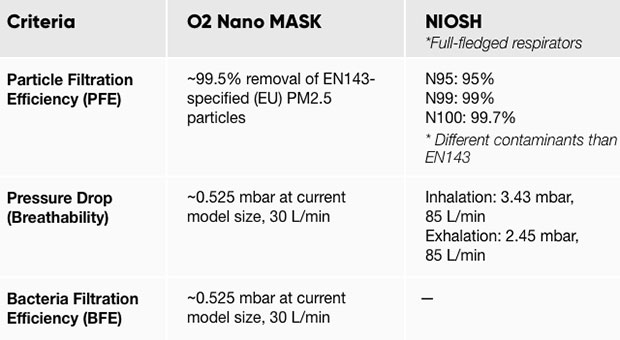
Cahua: What makes our product unique is the science that went into creating it. In particular, the higher filtration level makes it unique. At a time when you couldn’t find filters on the market, for Vivian to have that kind of filter accessible made me jump on this project right away.
Anyone can make a cloth mask, but the combination of the two is what takes it to a higher level. We did at least fifty samples of the mask, testing for breathability and fit. We feel like we’ve achieved one of the highest levels of filtration and comfort that we’ve seen, and the response has been amazing.
Each mask almost looks like it’s handmade, with the detail it has, and you can be heard and seen while you speak through the mask. We put a lot of thought into the mask, and we worked hard to make sure our mask is a premium mask that we can really be proud of.
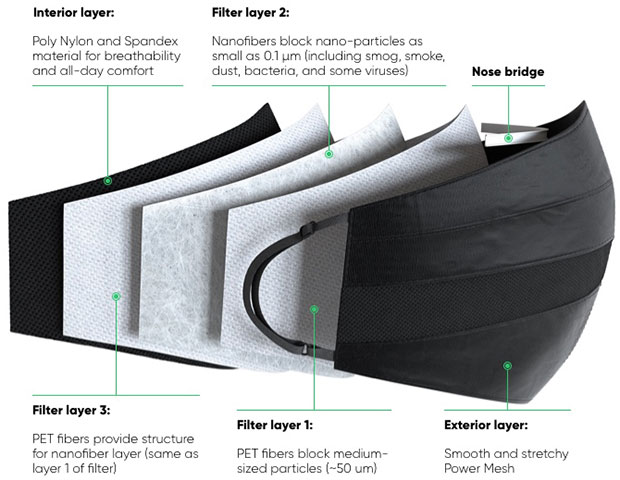
Why did you decide to launch the Kickstarter campaign for your masks?
Qu: We found that we have a story that is uniquely suited to Kickstarter. The fact that we were still iterating and making this a better product made it especially good for Kickstarter. Kickstarter is very supportive of human-made products that are in a pre-product phase.
We’ve enjoyed communicating with the community, as well as having the chance to improve the product before we send it out.
Cahua: Kickstarter was a great platform that we both understood would be the best way for us to respond at the highest capacity to get masks out to the market as quickly as possible. We understood there was a need for consumers and essential service workers.
Our Buy One Give One project, we figured, would be effective using Kickstarter since we are able to engage the community through that platform.
How would you describe the response to the Kickstarter campaign? Has it been successful?
Qu: It’s been successful in many ways, but a couple that are especially meaningful. It’s meaningful to interact with the community and hear from future users about what their needs are, and we’ve heard a lot of things from them. It gave us the courage to incorporate that right away, and we continued to improve the product.
Cahua: The human-to-human interaction was great since it’s not very often that you get that kind of community engagement when you’re developing a product at this level.
How do you see your business evolving? What’s in the future?
Qu: We have a good vision of where we want the next set of masks to be. Broadly, we want to integrate our own materials into the next major product. What we mean by that is using some sort of recycled biowaste fibrous materials. That’s something we’re excited to do, and we have a customer base that cares about the same things.
We will still be focused on consumer protection and textile products, and we will make premium and user-friendly versions of those products and incorporate our sustainable materials into them.
We’re also looking forward to increasing the convenience of our products for customers. If you’re going to wear something anyway, we want to make this experience better. We’re not ready to launch those ideas formally, but we know, for instance, that people like bandanas and scarves, and those are things we’re interested in.
We also found that a lot of masks represent something, almost like a piece of real estate. We’re interested in helping customers make masks more of their own. We also want to have a similar attention to detail before launching our next product, so it’s even more sustainable and user-friendly, and we hope that by being successful with this product, we can reinvest to make a good next product.
In what ways has the coronavirus pandemic changed the world of business and technology? How can innovators and entrepreneurs most effectively respond to these changes and be successful in this new era?
Qu: For us, it’s about being able to dig down on our locally-based supply chain. A locally-based supply chain is better for the environment because it reduces our carbon footprint.
Now, because of the fact that Covid-19 hit the entire globe in phases, the global supply chain has been affected. A lot of our focus has been to shed light on the fact that we have a globalized supply chain and not much recourse if something disrupts that supply chain. That’s one thing we’ll focus on.
As a small company, we will continue to invest in our locally-based supply chain to ensure that we’re providing a premium product and will continue to be able to do so.
Cahua: For designers or other entrepreneurs, my advice to pivot is to listen to the consumer — pay attention to society’s needs and be aware of any gaps. The supply chain has been disrupted, so there’s someplace your business.
Qu: Another major point that I’ve thought about is how we’ve been relying on essential workers during this time. Hopefully, in the future, the business community will be more appreciative of these essential workers, acknowledging the fact that it is those people who make everything possible.
We want to find ways to support that community in the short term and continue to play a role in helping service workers in the future.

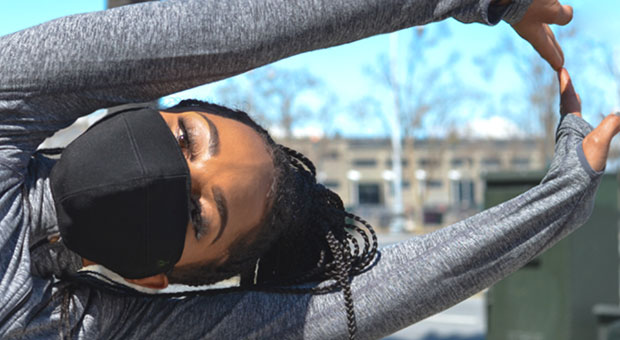

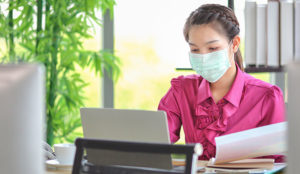
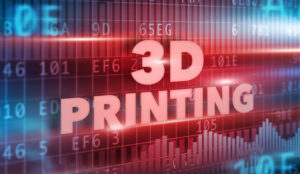












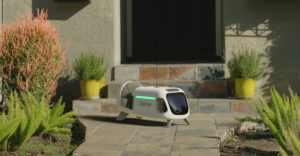


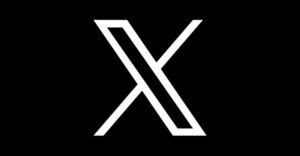



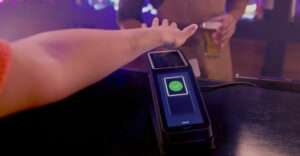


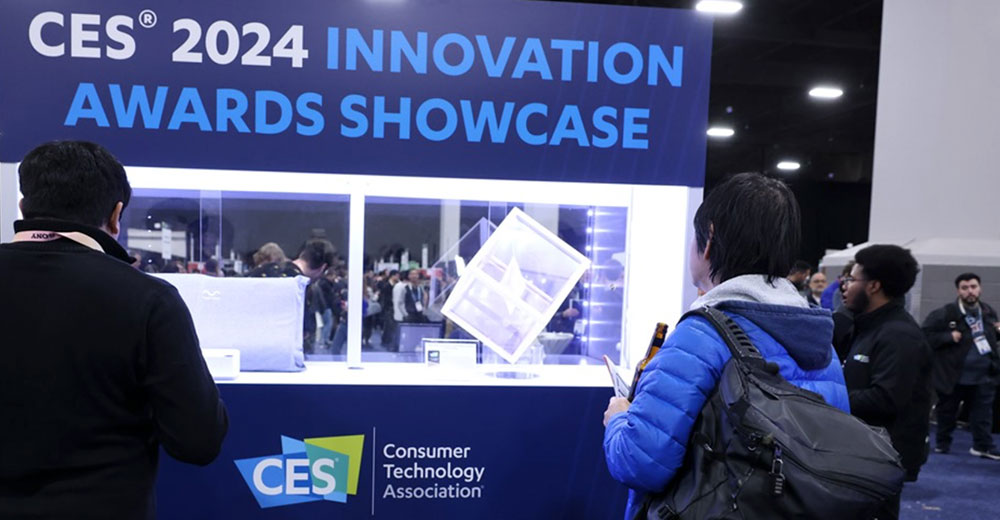
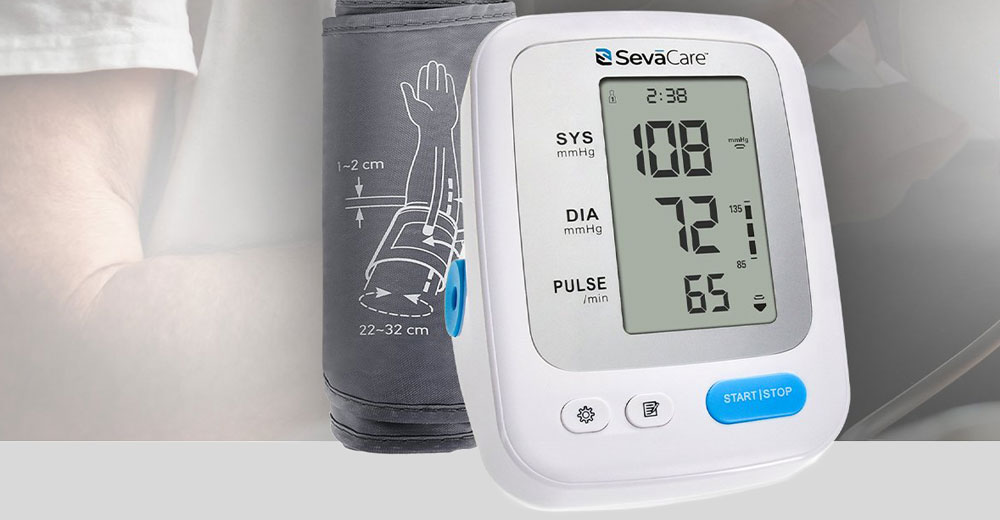
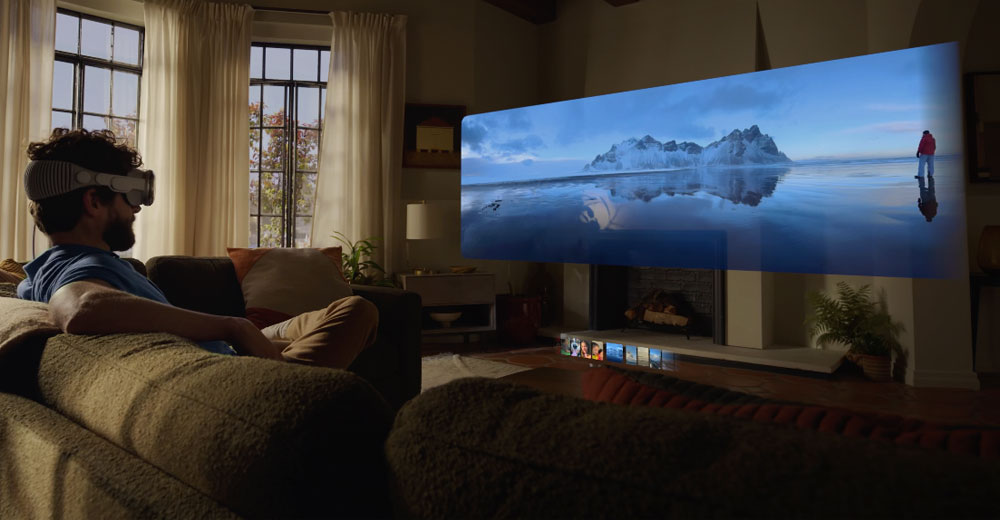








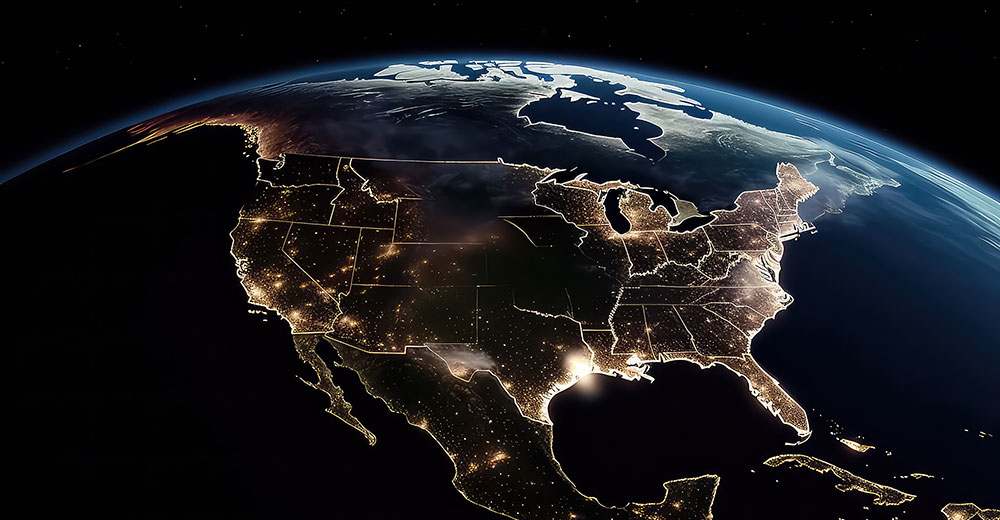


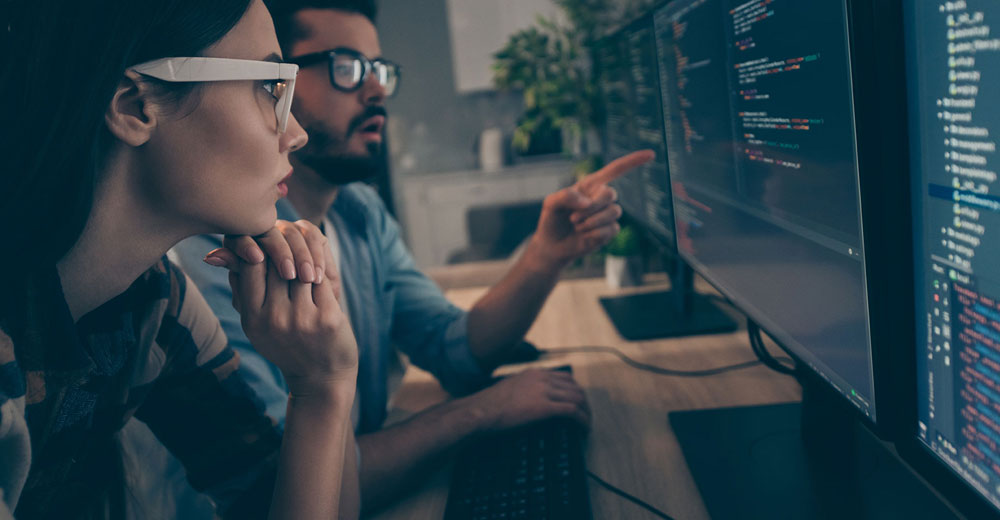

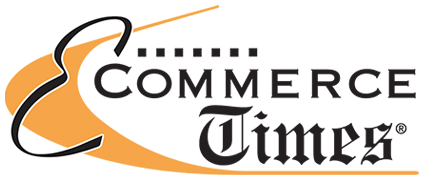
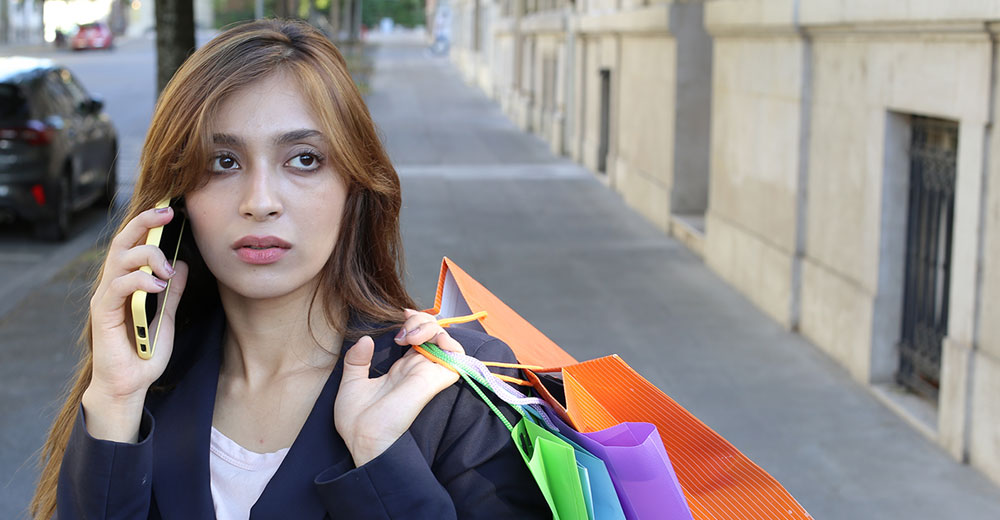

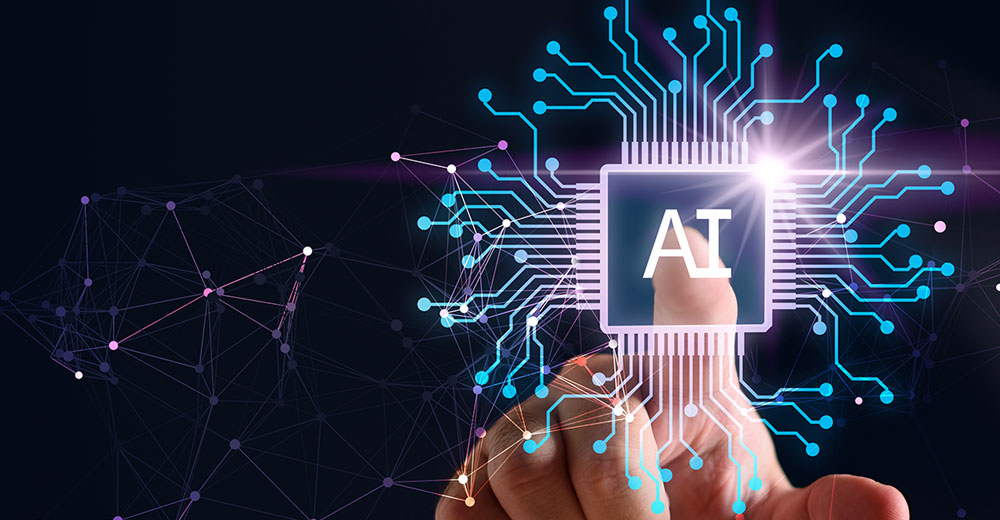
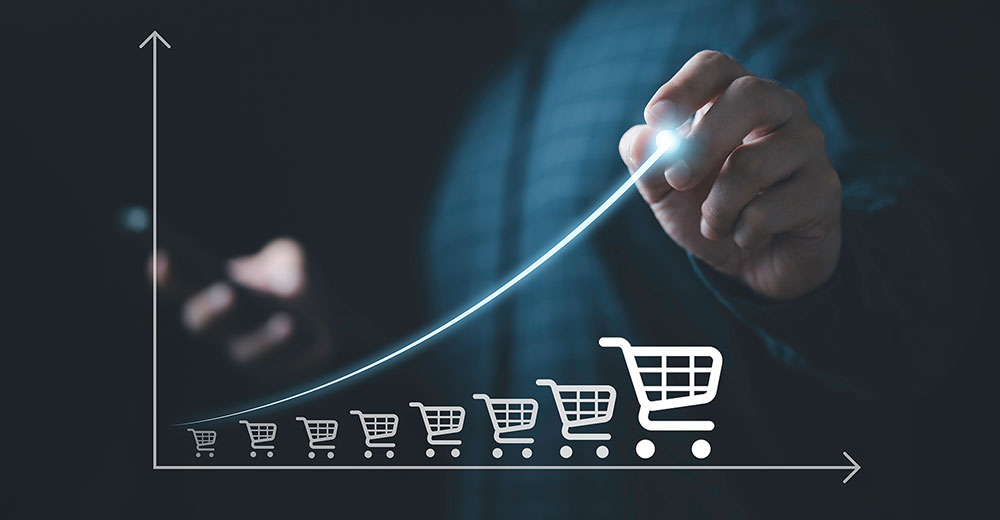


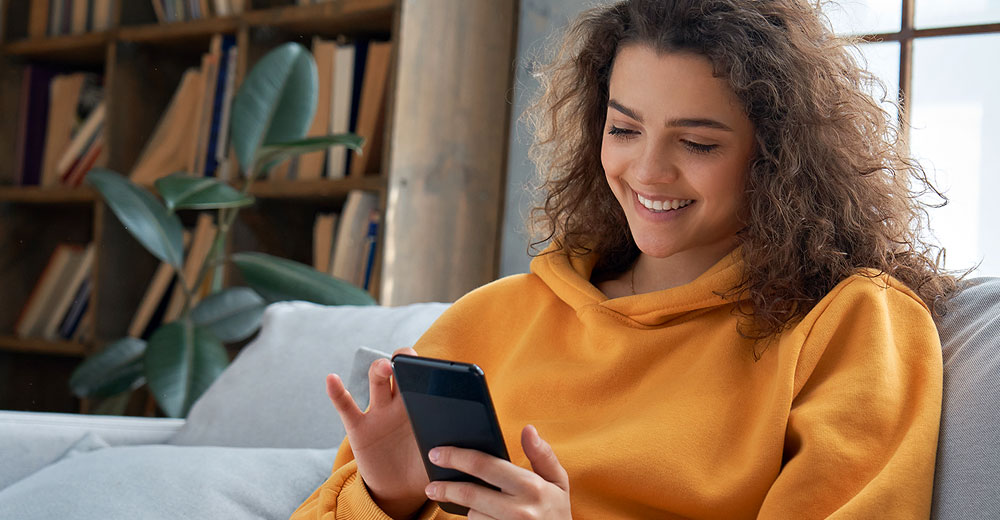







Social Media
See all Social Media